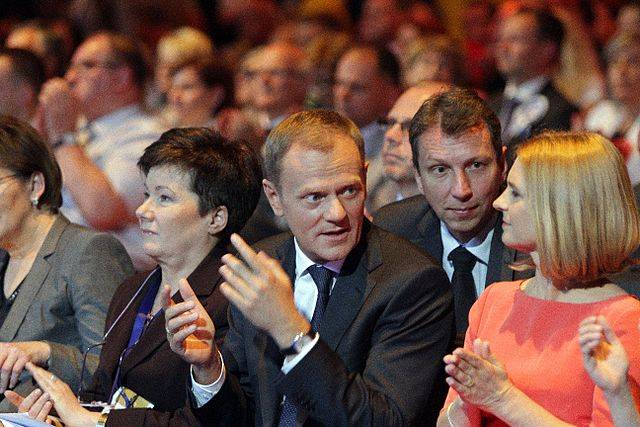Changing Course: What Poland’s latest elections could mean for its foreign policy

A picture of Donald Tusk from 2011, when he was Prime Minister of Poland for the first time.
Jonah Carlson - Poland’s recent elections have brought the Civic Coalition to the forefront of their legislative politics, appearing to oust the ruling Law and Justice party. This has shifted the government away from the right, which could result in serious shifts to Poland’s geopolitical code. Andrew Higgins examines the election in an article with The New York Times.
A geopolitical code determines how a state positions itself within the landscape of international politics. Despite this international focus, geopolitical codes are often shaped as the result of domestic politics. Poland’s Law and Justice party, led by Jaroslaw Kaczynski, ran an EU-skeptic platform that often put the country on uncomfortable footing with its allies, both political and military. For example, last month Poland’s government announced its intent to stop sending weapons to Ukraine, instead planning to continually bolster its own supply. Tensions between Ukraine and Poland also increased under the Law and Justice party over disagreements about grain deals. If that party loses power following the most recent elections, Poland could be on track to undergo a significant geopolitical shift. The leader of the Civic Coalition, Donald Tusk, was formerly a president of the European Commission. More liberal and EU focused than his incumbent counterparts, Tusk’s party could ease tensions between Warsaw and Brussels on issues like agriculture and immigration law. Furthermore, the Civic Coalition appears to remain supportive of Ukraine funding. Ultimately, leadership under the Civic Coalition is likely to been seen favorable by EU supporters. EU-skeptics across the bloc, like Victor Orban of Hungary and the remerging Robert Fico of Slovakia, are likely to lament.
As with many European countries, immigration continues to be a hot issue. This is in part due to the EU’s network of migrant flows. The Schengen area allows for the free movement of people across borders; this includes migrants who may end up in the EU from states other than Poland. This arrangement has caused much controversy among the right-wing in Europe, leading to the rise of immigration-skeptic politicians in France, Italy, Sweden, and more.
Photo source. Platforma Obywatelska RP from Polska, CC BY-SA 2.0, via Wikimedia Commons

